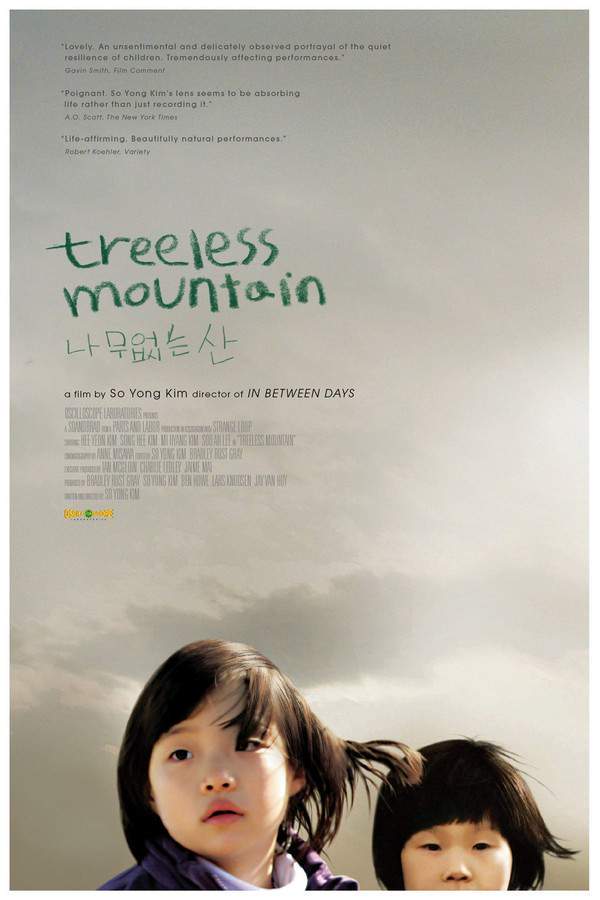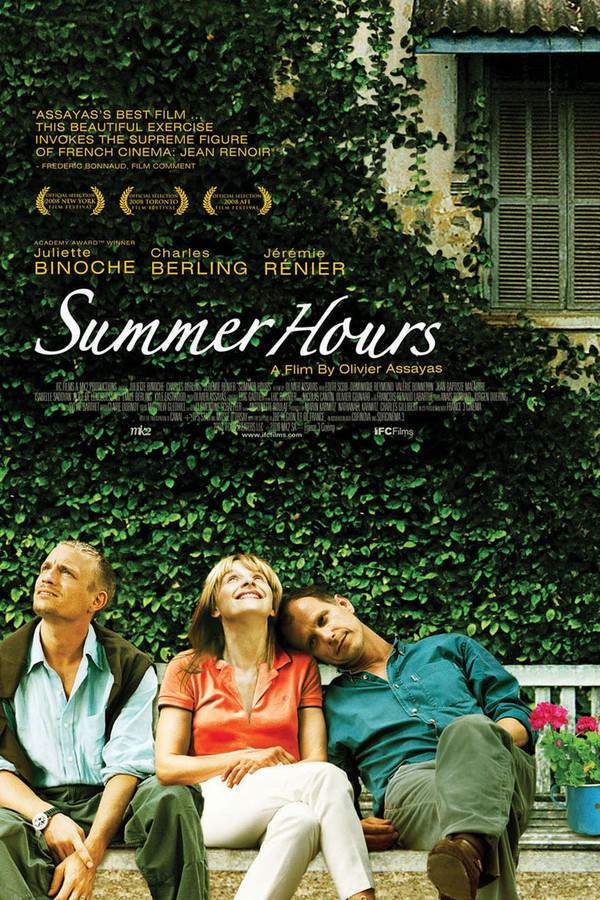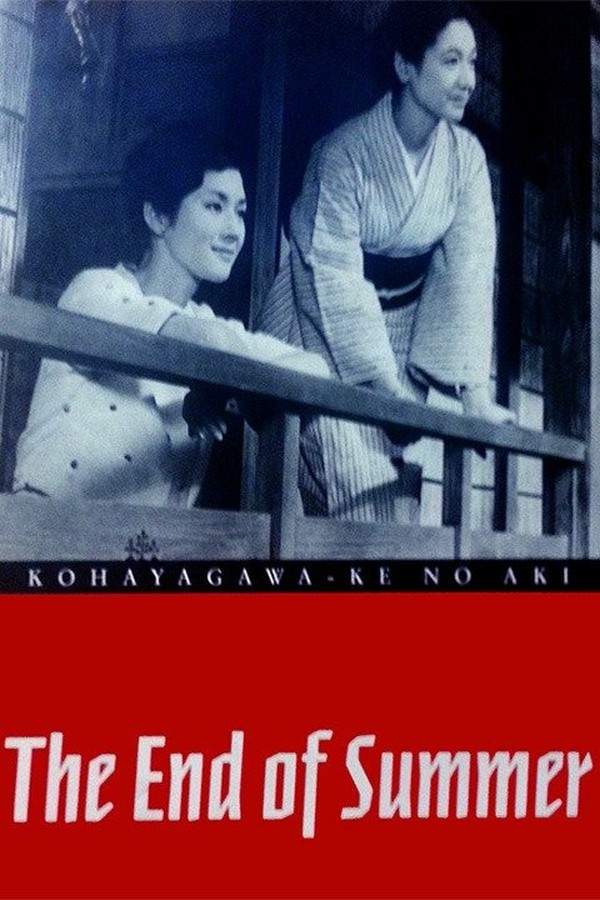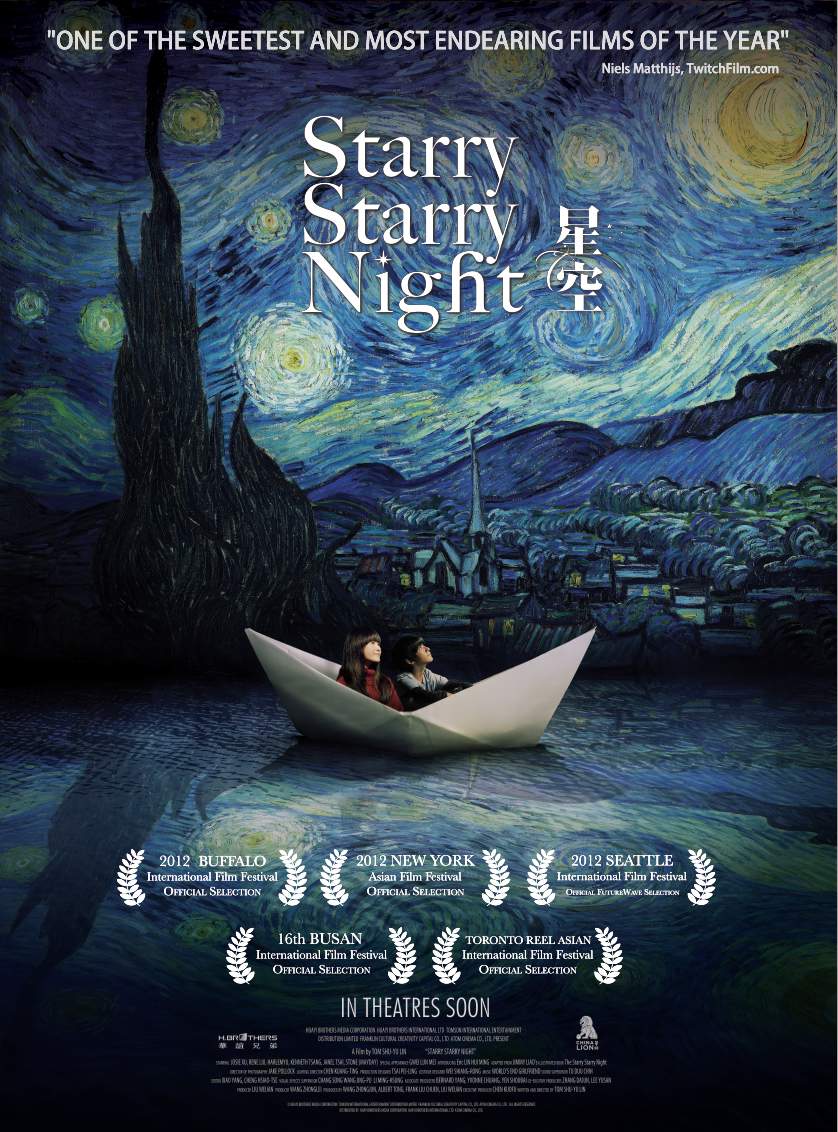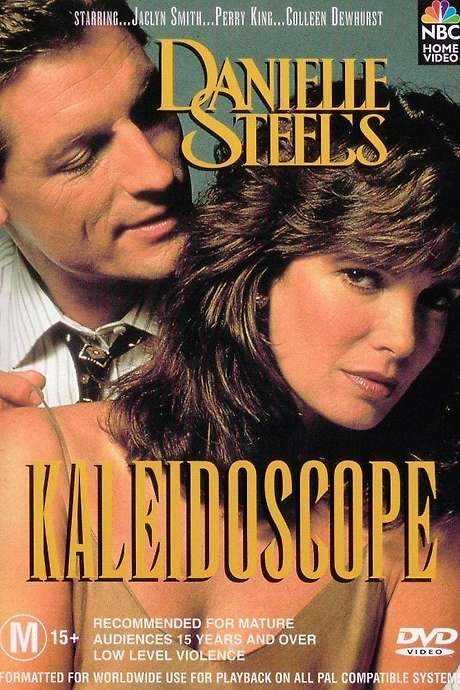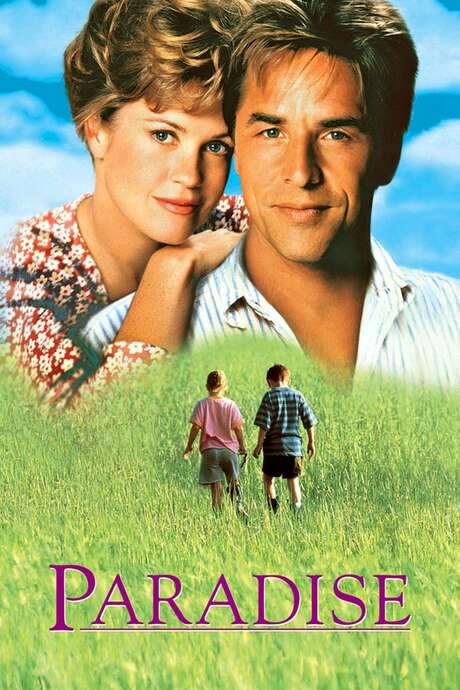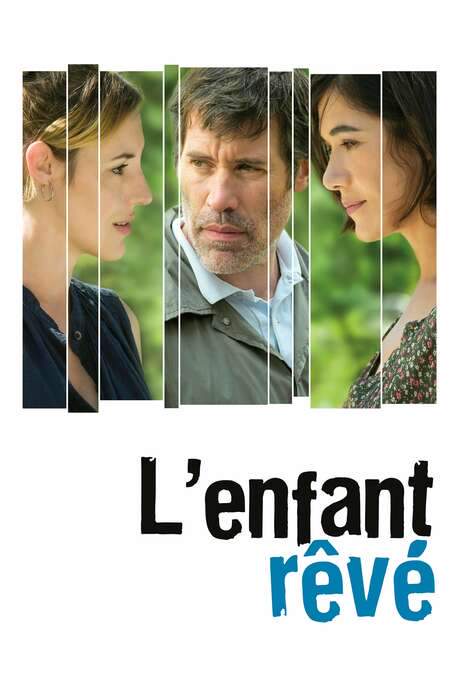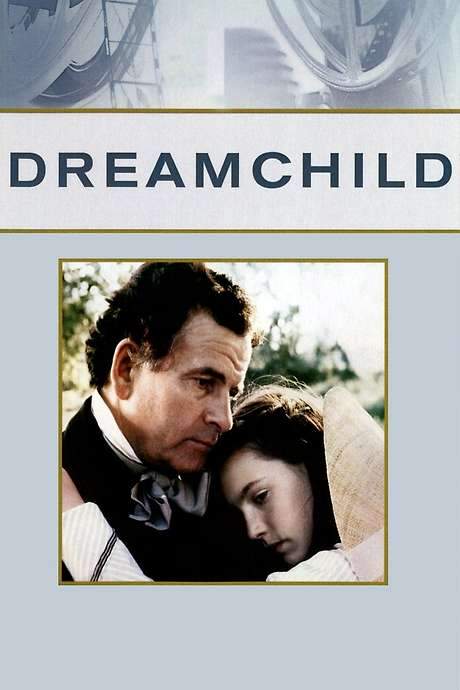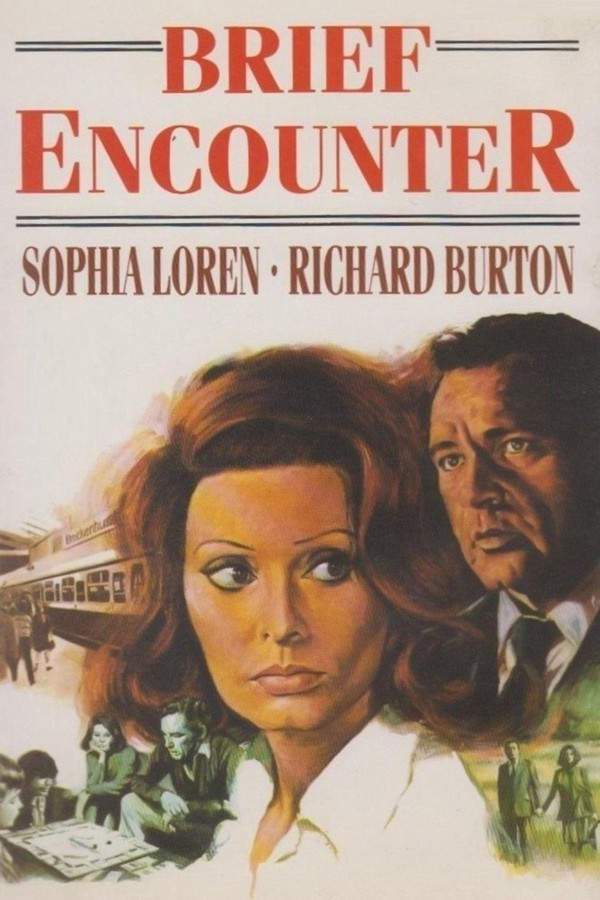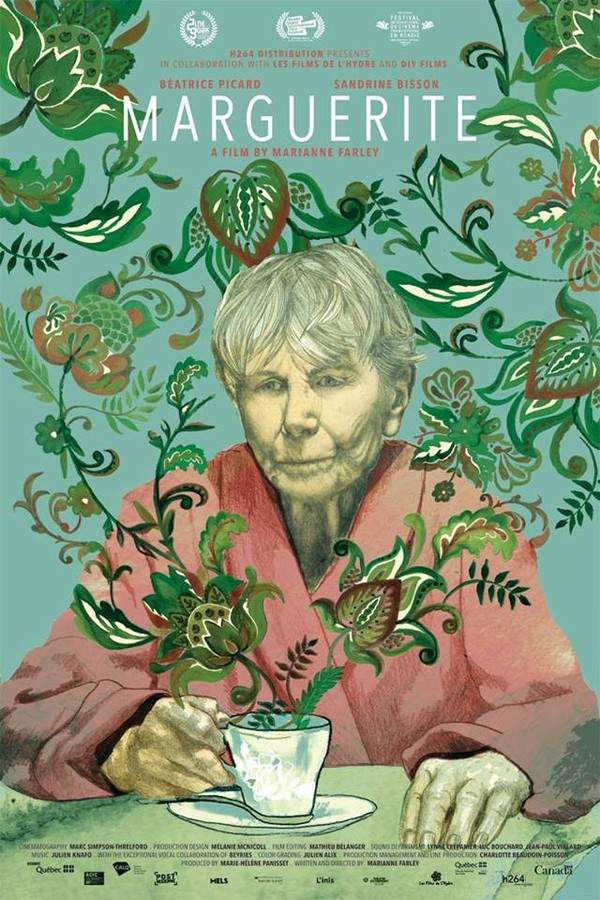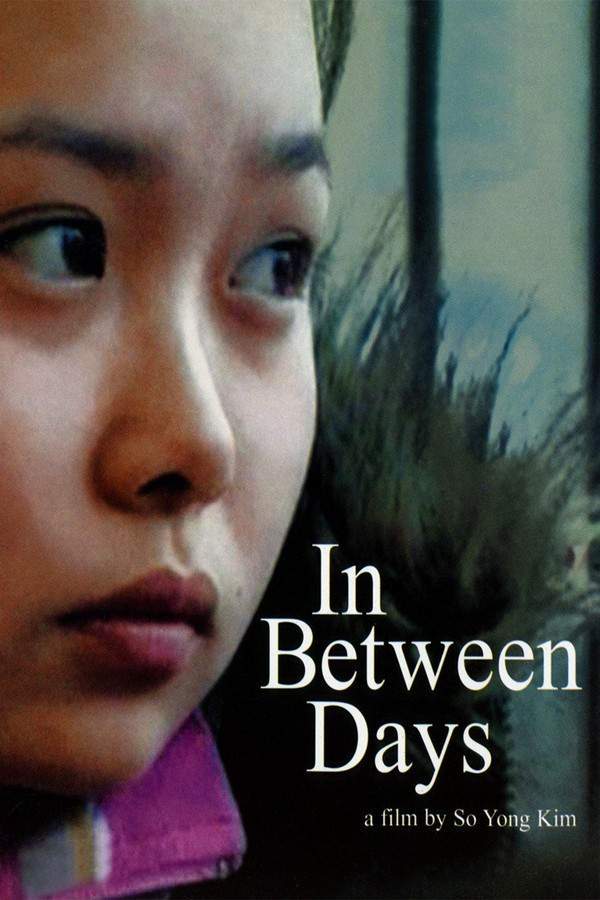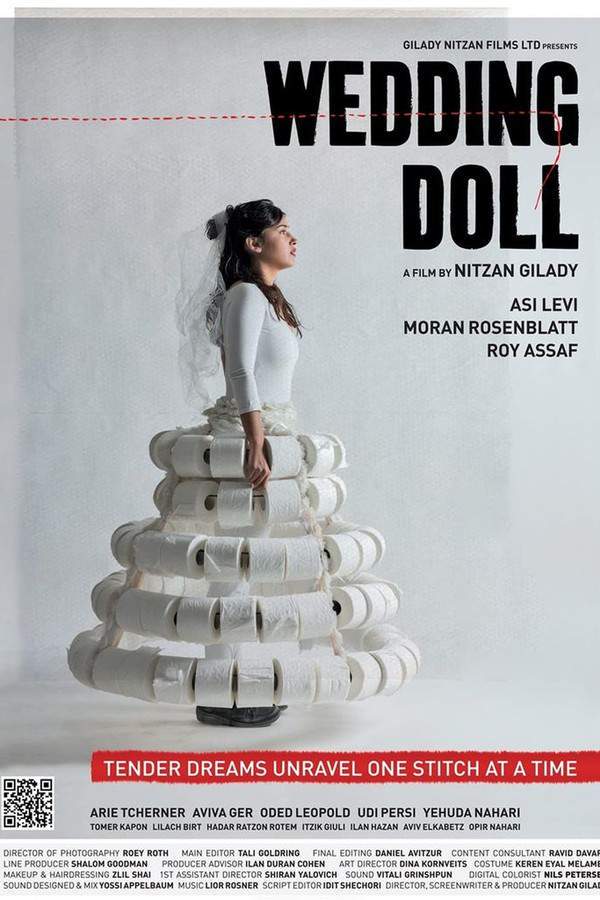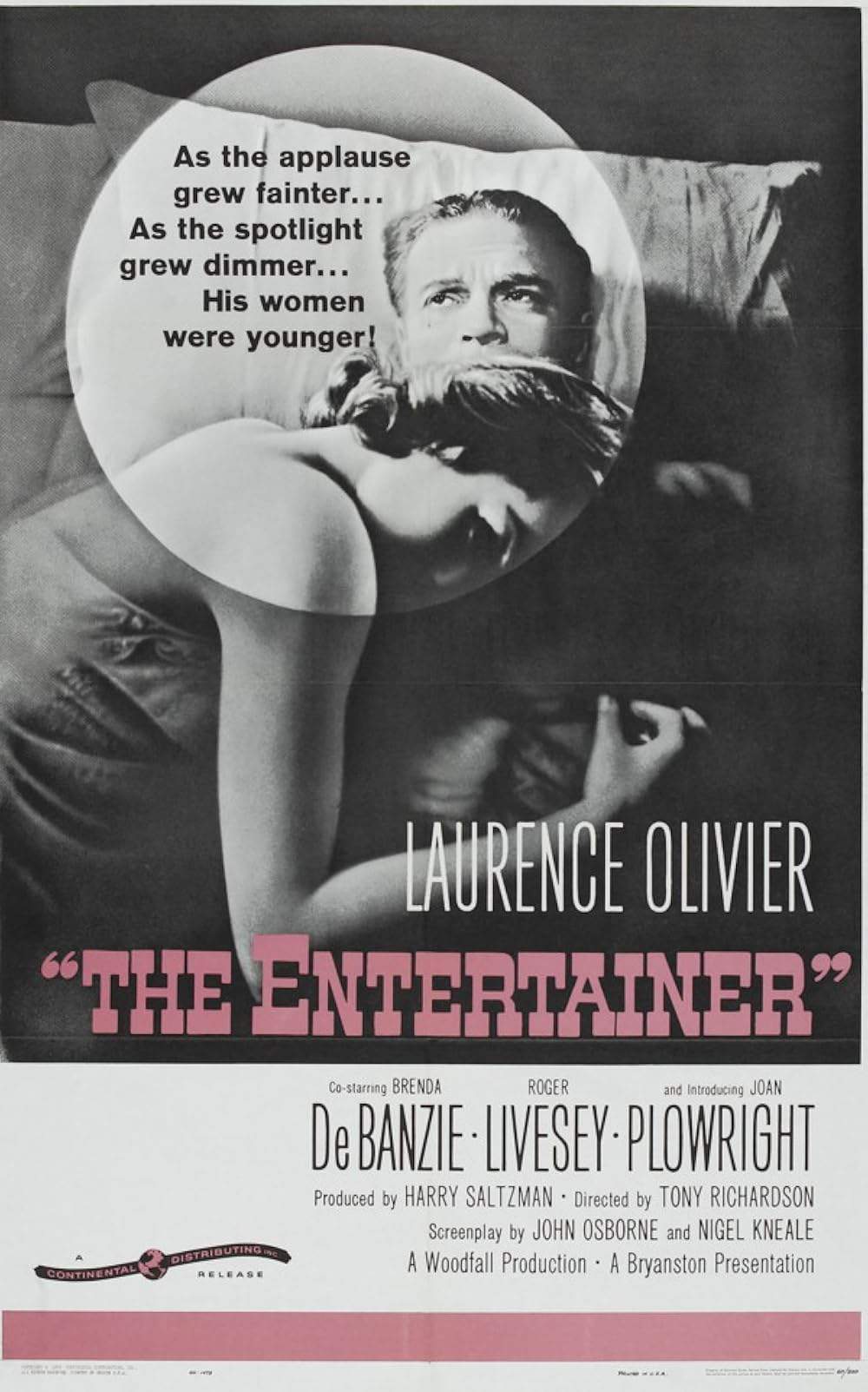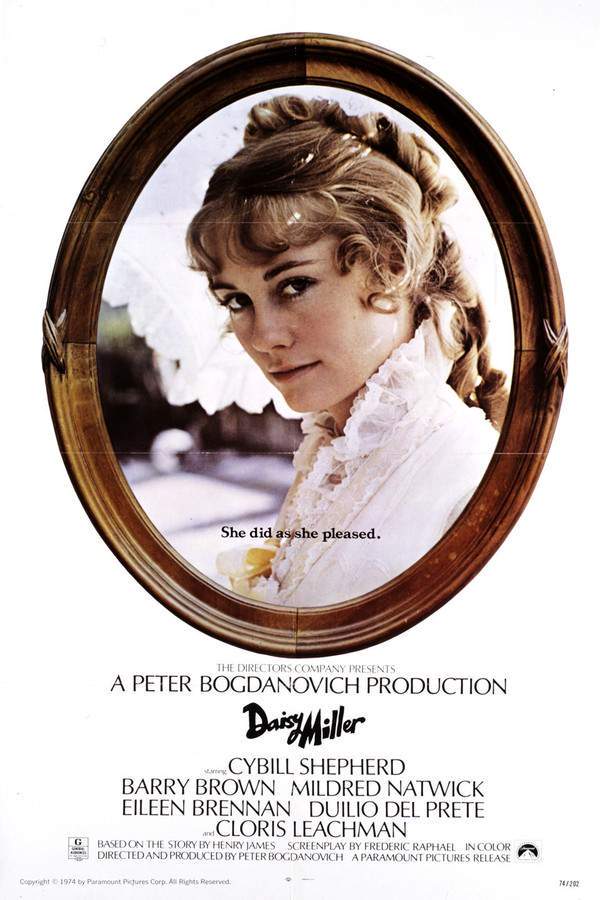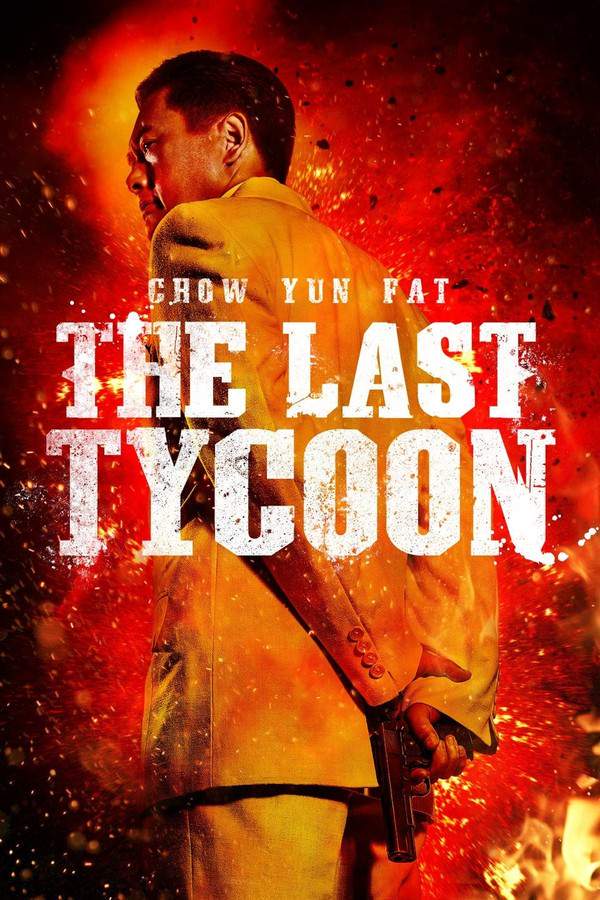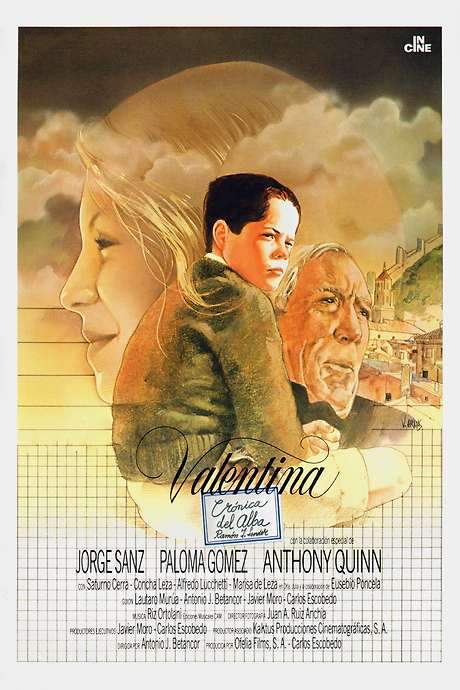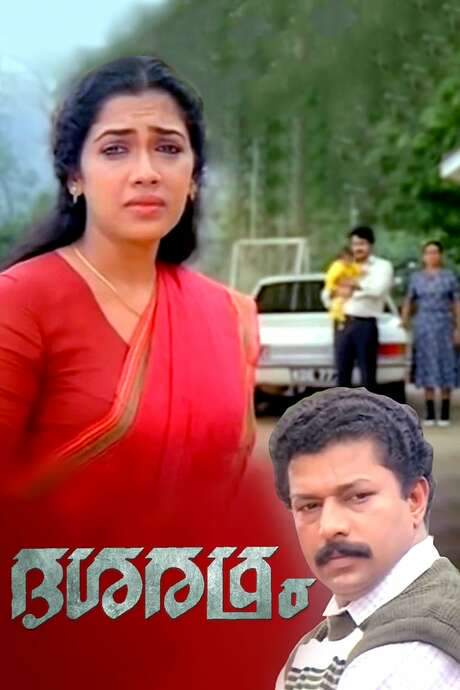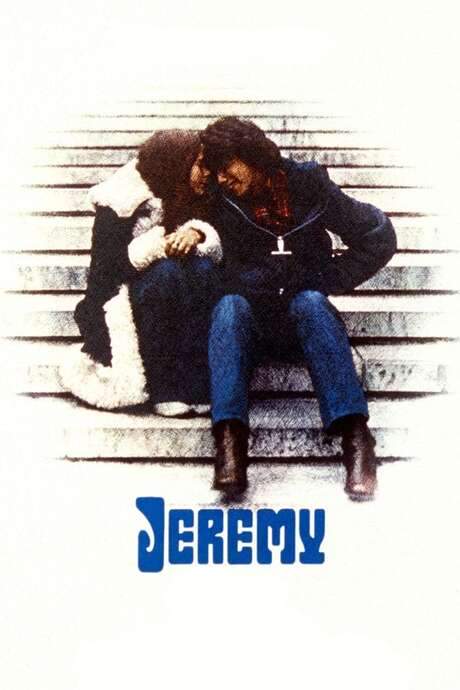
Lies My Father Told Me
Year: 1975
Runtime: 102 mins
Language: English
Director: Ján Kadár
No one ever said it was easy being a child. A Jewish boy grows up in 1920s Montreal with a grandfather who tells stories and a father who won’t work.
Warning: spoilers below!
Haven’t seen Lies My Father Told Me yet? This summary contains major spoilers. Bookmark the page, watch the movie, and come back for the full breakdown. If you're ready, scroll on and relive the story!
Timeline & Setting – Lies My Father Told Me (1975)
Explore the full timeline and setting of Lies My Father Told Me (1975). Follow every major event in chronological order and see how the environment shapes the story, characters, and dramatic tension.
Last Updated: October 04, 2025 at 16:23
Main Characters – Lies My Father Told Me (1975)
Meet the key characters of Lies My Father Told Me (1975), with detailed profiles, motivations, and roles in the plot. Understand their emotional journeys and what they reveal about the film’s deeper themes.
Last Updated: October 04, 2025 at 16:23
Major Themes – Lies My Father Told Me (1975)
Explore the central themes of Lies My Father Told Me (1975), from psychological, social, and emotional dimensions to philosophical messages. Understand what the film is really saying beneath the surface.
Last Updated: October 04, 2025 at 16:23
Explore Movie Threads
Discover curated groups of movies connected by mood, themes, and story style. Browse collections built around emotion, atmosphere, and narrative focus to easily find films that match what you feel like watching right now.
Nostalgic childhood memoirs like Lies My Father Told Me
Poignant stories of childhood seen through a wistful, reminiscent lens.If you liked the heartfelt, child's-eye view of life in Lies My Father Told Me, discover more movies like it. These similar drama films capture the poignant, bittersweet feeling of looking back on youth, family, and formative experiences.
Narrative Summary
Narratives in this thread are often linear recollections or memoirs, unfolding from a child's point of view. They focus on pivotal relationships—often with grandparents or parents—and explore themes of innocence, family conflict, and the first encounters with loss or disillusionment.
Why These Movies?
Movies are grouped here for their shared ability to evoke a specific, wistful feeling of childhood. They prioritize emotional authenticity over complex plotting and use a gentle pace to soak the viewer in the atmosphere of a remembered past.
Quiet intergenerational stories like Lies My Father Told Me
Gentle tales of deep connections between the young and the old.Find more movies like Lies My Father Told Me that explore the special bond between a child and a grandparent. These similar films feature gentle pacing, emotional depth, and a focus on how elder figures shape a young person's world.
Narrative Summary
The narrative pattern involves a central, nurturing relationship that provides stability and wisdom for a young protagonist, often contrasted with tensions from parents or the modern world. A key emotional beat is often the processing of grief or the enduring impact of this foundational bond after a loss.
Why These Movies?
These films share a core focus on the grandparent-child dynamic as the emotional heart of the story. They are united by a quiet, respectful tone, a slow pace that allows the relationship to breathe, and themes of legacy, tradition, and coping with mortality.
Unlock the Full Story of Lies My Father Told Me
Don't stop at just watching — explore Lies My Father Told Me in full detail. From the complete plot summary and scene-by-scene timeline to character breakdowns, thematic analysis, and a deep dive into the ending — every page helps you truly understand what Lies My Father Told Me is all about. Plus, discover what's next after the movie.
Lies My Father Told Me Summary
Read a complete plot summary of Lies My Father Told Me, including all key story points, character arcs, and turning points. This in-depth recap is ideal for understanding the narrative structure or reviewing what happened in the movie.

Lies My Father Told Me Timeline
Track the full timeline of Lies My Father Told Me with every major event arranged chronologically. Perfect for decoding non-linear storytelling, flashbacks, or parallel narratives with a clear scene-by-scene breakdown.

Lies My Father Told Me Spoiler-Free Summary
Get a quick, spoiler-free overview of Lies My Father Told Me that covers the main plot points and key details without revealing any major twists or spoilers. Perfect for those who want to know what to expect before diving in.

More About Lies My Father Told Me
Visit What's After the Movie to explore more about Lies My Father Told Me: box office results, cast and crew info, production details, post-credit scenes, and external links — all in one place for movie fans and researchers.


